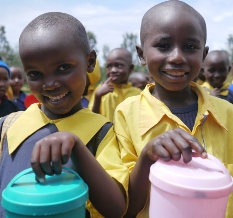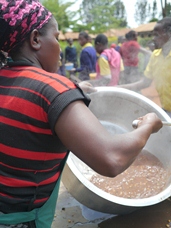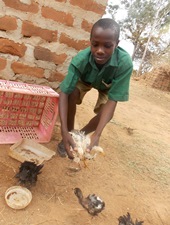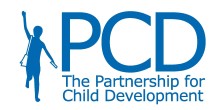 Policies serve as rules to guide decisions that a country, programme or institution, may be committing itself to. For programme interventions to be sustainable and long-lasting, they must first be focused within upstream policy decisions. Developing government policies that are evidence-based and informed by operational good practice, lead to scaled and sustainable HGSF programmes which can be achieved by working closely with key ministries, across education, health and agriculture sectors.
Policies serve as rules to guide decisions that a country, programme or institution, may be committing itself to. For programme interventions to be sustainable and long-lasting, they must first be focused within upstream policy decisions. Developing government policies that are evidence-based and informed by operational good practice, lead to scaled and sustainable HGSF programmes which can be achieved by working closely with key ministries, across education, health and agriculture sectors.
While there has been an increase in the number of orphaned children able to access school thanks to public policy interventions, much needs to be done. A 2005 survey of 18 national education plans in sub-Saharan Africa that has been developed found that just ten had specific strategies for children affected with HIV and AIDS and that only Ethiopia, Kenya, Namibia and Rwanda included integrated strategies.
Increasing OVC Policy
 During the work carried out for the extension of school feeding to OVC inclusion, there will be a review to highlight existing international conventions, legal frameworks and the available public policies of various countries in sub-Saharan Africa that extend and reach to Orphans and Vulnerable Children.
During the work carried out for the extension of school feeding to OVC inclusion, there will be a review to highlight existing international conventions, legal frameworks and the available public policies of various countries in sub-Saharan Africa that extend and reach to Orphans and Vulnerable Children.
Supporting Agricultural Education

Imperial College London's Partnership for Child Development (PCD) in partnership with the Ministry of Education and Ministry of Agriculture in both Kenya and Osun State, Nigeria, have initiated an OVCs vocational training programme. This aims to improve the life chances and opportunities for OVCs by providing hands on vocational training in agriculture which can reduce their vulnerability and increase their long-term means of income-generation.
Kenya
The programme in Kenya is being piloted in eight public primary schools located in two counties, namely Kalama Division in Machakos County and Tigania-West in Meru County. The schools are beneficiaries of Home Grown School Meals Programme supported by the Ministry of Education and the Ministry of Agriculture NMK Programme respectively.
Nigeria
In Osun State, Nigeria, the pilot programme involves nine public junior and middle schools. These schools, like all schools in the state are recipients of the Osun State Ministry of Education O-Meals programme.
The OVC vocational training programme is being implemented through the 4K/4H – Young Farmers Clubs. The vocational training programme allows the youth to become change agents influencing the attitudes and practices of agriculture in schools and the community. As change agents they are taught to
- appreciate agriculture
- practice improved methods of food production hence contributing towards improved child nutrition, health and higher standards of living
- complement families food and animal products
- develop leadership and good citizenship skills





